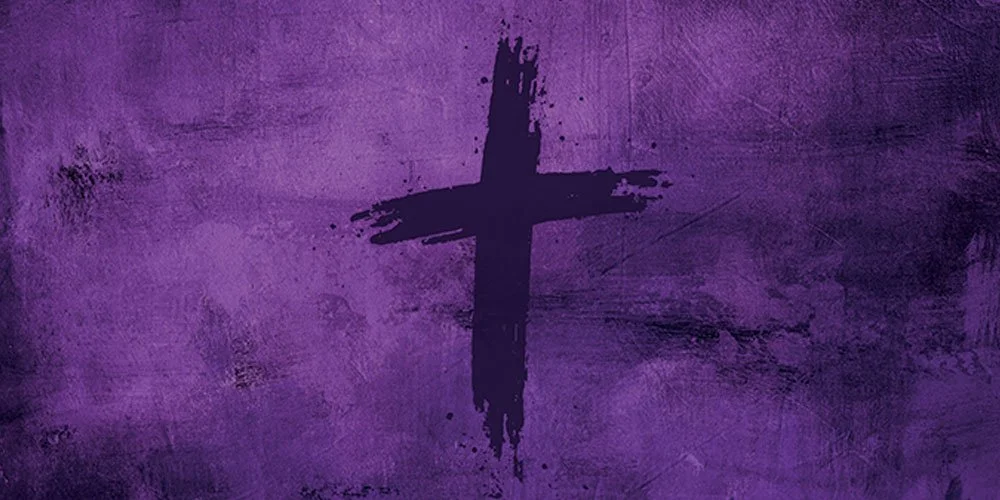As we enter into the final two weeks of Lent, I reflect on how different this penitential season has been for me this year. Our world has experienced climate disasters, two years of the pandemic, the turbulence of war in Ukraine, and insurrections elsewhere. We are tired. We are aware of our inability to control the natural or human forces which cause immense suffering. We seek answers, relief, and reasons for hope. Lent is a time in which we reflect on Jesus’ life, his teachings, how people either followed or sought to destroy him, his ignominious crucifixion, and victory over death. Lent for me this year has been a time for pondering how my beliefs and values are expressed in the choices I make each day.
The scriptural readings for this fifth Sunday of Lent are a source of wisdom as we confront fears about malignant powers beyond our control and choose the values that govern our actions. The Prophet Isaiah uses extravagant images to describe the powerful actions of God “who makes a path through mighty waters and quenches an army like a wick”. God bids us forget former things; He is about to do a new thing – create rivers in the desert “to give drink to my chosen people”. (Isaiah 43. 16-21). The psalmist reminds us that “When the Lord restored the fortunes of Zion, we were like those who dream. Then our mouth was filled with laughter, and our tongue with shouts of joy”. With confidence, the psalmist prays: “Restore our fortunes, O Lord, like the watercourses in the desert of the Negev”(Psalm 126). Paul, the former persecutor of Christians, tells us that for the surpassing value of knowing Jesus he has suffered the loss of all things and considers them rubbish. He proclaims: “I want to know Christ and the power of his resurrection and the sharing of his sufferings by becoming like him in his death, if somehow I may attain the resurrection from the dead. . . . forgetting what lies behind. and straining forward to what lies ahead, I press on toward the goal for the prize of the heavenly call of God in Christ Jesus”.
““I want to know Christ and the power of his resurrection and the sharing of his sufferings by becoming like him in his death, if somehow I may attain the resurrection from the dead. . . . forgetting what lies behind. and straining forward to what lies ahead, I press on toward the goal for the prize of the heavenly call of God in Christ Jesus”.”
image: unsplash/Prateek Gautam
We have no simple solution to the problems in our troubled world or a clever way to overcome the powers of malevolent dictators. Nor will a mere human explanation satisfy our human desire to know why such evils exist. Like Job, we are to live in the confident knowledge that there is an answer but it is beyond our human comprehension. The scriptural readings on this fifth Sunday of Lent do not teach us how to fix the ills of this time. Rather we must learn that indeed much in our lives is beyond our control. Jesus’ confrontation with the Pharisees who demand that he judge a woman caught in adultery (John 8.1-11) evoked an unexpected response. The story uncovers treachery and exposes the devious motives underlying “pious” actions. Each of us is capable of blindly behaving like the hypocritical Pharisees. When confronted with truth, the Pharisees walked away in silence. Sitting contemplatively with this story and applying it to ourselves will bring light to the truth underlying our actions; we have a choice to accept or evade this truth. The story reveals the compassion, forgiveness, and love of Jesus for each of us, and teaches us how we are to live in our relationships with each other.
The invasion of Ukraine and violent actions of governments or partisan factions are not remedied by more of the same. It is time to listen to unwelcome truths within ourselves and to search for wisdom in the teachings of Christianity and other great religions.
Sister Pat McKeon, csj



